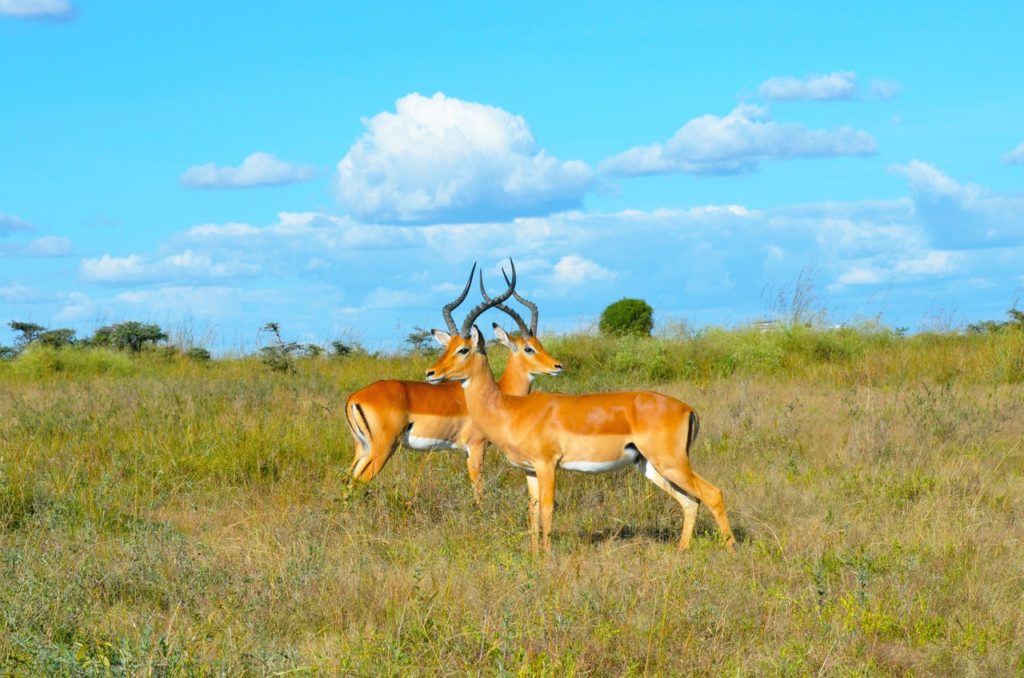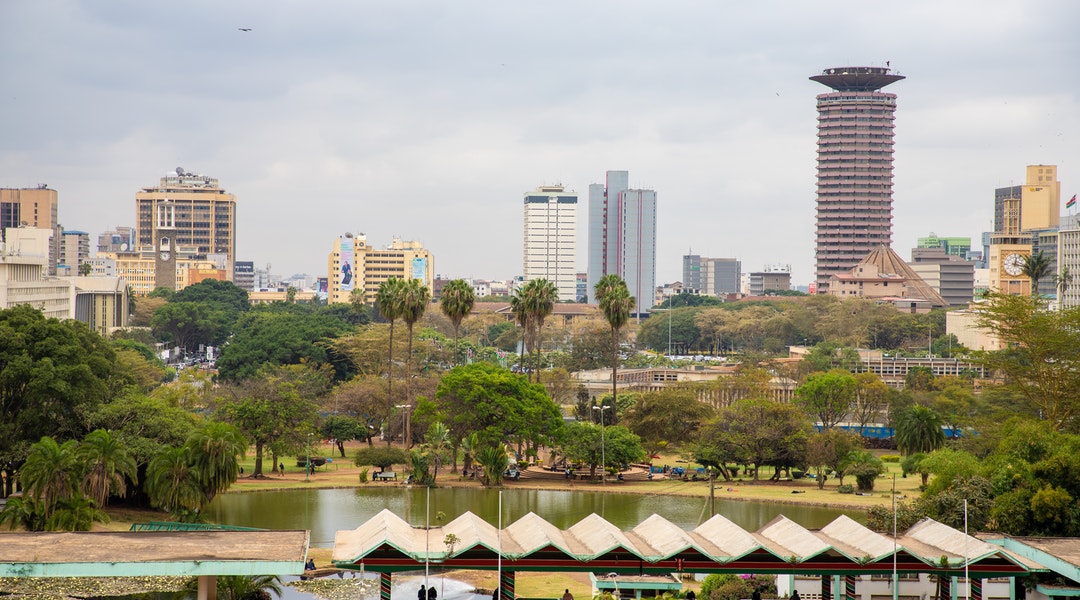Uganda and Kenya have bilateral relations. The two are African Great Lake countries and they have been friendly neighbours for a long. They are also big partners in trade, infrastructure, security, education, agriculture and energy.
Both Uganda and Kenya have large Swahili speaking populations and have comparable cultures contributing to the great relationship.
To add to this, the re-establishment of the East African Community by Uganda, Kenya and Tanzania has also improved this relationship significantly.
There are a lot of enticing reasons for a Ugandan resident to make the cross border move into Kenya.
This includes;
- Expatriate and local communities are generally well integrated.
The expat and local networks are no longer as isolated as they were, thanks to the growth of a large working class. At educational institutions, retail malls, pubs, restaurants, and other recreational venues, Kenyans and foreign nationals interact freely.
- The weather is fantastic
The climate in Nairobi and the surrounding areas is mild all year and there are no extreme weather conditions. The days are brighter and the evenings are cooler in these areas. If you want to enjoy a mild environment, though, simply travel to Mombasa, a Kenyan seaside city. It’s a beautiful place with nice weather all year round.
- Expats have a good social life.
Kenya, particularly in the capital, has a thriving social scene with numerous cafés, pubs, and restaurants. Many foreigners end up moving here because they fall in love with it. You’ll find some of Africa’s most prominent entertainment venues, particularly in Nairobi, Nakuru, and Mombasa.
- Friendly Locals
The locals are friendly and helpful, and English is widely spoken. Kenyans are welcoming and accepting of visitors. The most widely spoken language is English, however, most residents are trilingual, speaking Swahili, English, and a tribal language.
- Reasonable cost of Living
The overall cost of living is reasonable. Kenyan goods and meats are delicious, plentiful, and affordable. Furthermore, because agriculture is Kenya’s main source of cash, it generates a significant amount of revenue.
Despite the good relations between Uganda and Kenya, there are things to consider when you are planning a shift from Uganda to Kenya.

1. This is still an International Move
Travelling between Uganda and Kenya is quite a short distance. However, relocating from Uganda to Kenya is still considered an international move as it involves crossing borders. Therefore, you should take into account all the stipulated regulations by the Kenya Revenue Authority and Uganda Revenue Authority concerning exports and imports.
For better planning and a smooth shift, you should liaise with your preferred moving company.
2. Used Household Goods and Personal Effects Are Allowed Tax-Free in Kenya
Kenyans and non-Kenyans relocating to Kenya are allowed to bring in used/second-hand household goods in reasonable quantities, free of taxes and fees.
Kenyans who return home are excused from paying taxes on their personal belongings. The returning residents must be over the age of 18 and have lived outside of Kenya for at least two years.
Personnel entering the country for a new contract are excused from paying taxes on their personal effects/household goods and one motor vehicle, as long as the contract is for at least two years.
3. During customs clearance, all goods are subjected to a complete physical inspection
A customs inspection is an official customs measure that is an integral aspect of freight transportation. As long as your shipment isn’t classified as diplomatic, Kenya Revenue Authority (KRA) will thoroughly inspect it during customs clearance. If the authority discovers any brand new items in your shipment, the applicable duties and taxes will be applied.
Your items are inspected by customs, or more precisely by a clearance officer, during a customs inspection to determine their quantity, characteristics, and value. Furthermore, you may be required to unpack a certain selection of items, which can easily result in damage to the items hence the need to hire a professional moving company to handle this for you.
To prepare your inventory for a physical inspection, You need to do the following:
- You must prepare for the customs check ahead of time. Prepare your inventory in an easy-to-manage manner, and make sure you have all of the necessary documentation on hand, such as contracts, transportation documents, and payment documents.
- During the customs examination, you will be required to unpack and repack your products. You’ll be under a lot of pressure because you won’t be able to continue exporting your items until you have the customs findings.
- Following the completion of the customs inspection, the findings are provided. The findings are recorded on the customs declaration and also digitally.
A customs inspection may be completed fast or may take a long time. Learn from your mistakes and write them down after the customs inspection so you can get your items through the process faster the next time you shift.
4. Ugandans Need to Have Kenyan Work Permits
Any foreigner entering or working in Kenya without a valid work permit is prohibited by Kenya’s Citizenship and Immigration Act. Employees who arrive without valid documentation will be deported.
The first step to getting a work permit is to apply to the Department of Immigration and submit all required documents. The proposal is then presented to a committee for approval, which might take two to six months. Either acceptance or rejection will be communicated to you.
Any foreigner staying in Kenya for more than three months must register as an alien with the Department of Immigration and obtain an alien registration card. The alien card works in the same way as a residence permit. Keep in mind that obtaining a residence permit can take two to four months as well.
You must wait for your application to be approved, as simply applying does not grant you entitlement to work in Kenya.
5. Customs Clearance is Normally Done at The Border Point
When shifting, land-based travellers can use a variety of Uganda-Kenya border crossing locations to travel between the two East African countries, albeit not all of them can be crossed with a Kenyan e Visa.
There are five border points between Uganda and Kenya.
- Busia
- Lwakhakha
- Malaba
- Suam
- Lokitanyala
The main border crossing points are Busia and Malaba. They are located on major routes connecting Uganda and Kenya, and Rift Valley Railways operates a train crossing at Malaba.
Busia and Malaba are also the only land border crossing sites between Uganda and Kenya that are fully equipped to handle huge volumes of people and process digital paperwork.
6. Everyone Must Have a KRA PIN
Personal Identification Numbers (PIN) for individuals and businesses can only be obtained directly from the Kenya Revenue Authority (KRA) if the foreigner has a foreign national registration certificate (an alien card). An alien card is issued when a foreigner has been in Kenya for more than three months.
The Kenya Investment Authority makes it easier for investors without a foreign national registration certificate (alien card) to obtain a KRA PIN by providing them with an endorsement letter that can be produced to KRA in order to receive PINs.
A KRA enables an individual or an organization to conduct business with the Kenya Revenue Authority, other government organizations and service providers.
7. Returning Kenyan Citizens Need to Ensure That Their Tax Arrears Are Cleared
Over time, the Domestic Tax Systems have been integrated with customs systems to enhance tax collection. Therefore, if you are a returning Kenyan citizen, you should ensure that your outstanding taxes, unfilled taxes and any other issues with the Kenya Revenue Authority are sorted out before relocating into the country.
One motor vehicle (excluding buses and minibuses) is allowed duty-free entry into the country, subject to the following conditions:
- You must have spent at least twelve (12) months outside of Kenya.
- You must have individually owned and driven the car for at least twelve months outside of Kenya.
- The vehicle must be no more than 8 years old.
- You must be 18 years old to be eligible. You must not have previously received a similar exemption.
The following items may be exempted from duty when imported as luggage by a returning resident:
- Previously used clothes
- Personal and household effects that have been used for more than one year.
8. A Shift To Kenya Can Be Completed within 5 Days or Less
A shift from Kampala to Nairobi can take 5 days or less. With the right people to help you, the process of packing, moving and unpacking does not take so much time as long as the right documents are available.
The documents required during this shift include:
- Original passport (if issued within the last 2 years, the old passport is also required)
- Original Residence Visa/Work Permit
- Alien Identification
- KRA PIN Certificate
- Air Waybill/Bill of Lading (original)
- Comprehensive Valuable Inventory (3 copies), documented each box/boxes numbered, and signed by the owner
- Packing List in Detail
- Authorization letter (Nominating a licensed customs clearing agent to act on their behalf)
- In the case of a motor vehicle, the original logbook from the country of importation
- A list of all of your personal belongings and home items.
With land transport being the most likely means of transport you will use, you should ensure that all your items are packed to international standards to avoid unnecessary damages.


